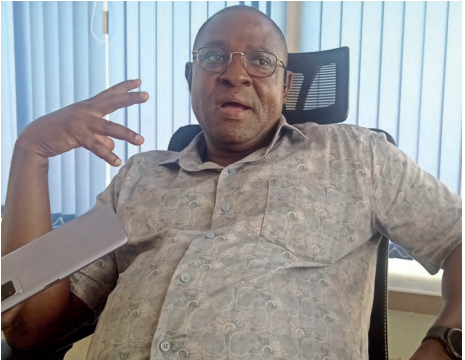
The Nuclear and Power and Energy Agency (Nupea) has reaffirmed that its plan to develop the country's first nuclear power plant by 2027 remains on course despite a Cabinet resolution proposing its dissolution.
Nupea is among the nine state corporations, whose mandate, according to a Cabinet despatch released January 21, 2025, is to be abolished and their functions performed either at the ministry level or by other relevant agencies.
The agency’s CEO Justus Wabuyabo said all the strategic initiatives will proceed as planned and that the proposed changes will not impact any of the programs outlined in the current framework.
Speaking to the Star, Wabuyabo stated that consultations are currently underway with key state agencies, including the parent Ministry of Energy, to determine the best way forward.
These discussions, he said, are aimed at ensuring the continued progress of the projects lined up and to address any challenges posed by the ongoing restructuring so that the plans are not jeopardised.
“We will work with the government to ensure all the priorities are fulfilled,” he said.
As per its plans, the agency intends to invite bids by 2026 with construction works set to commence by 2027 ahead of its commissioning in 2034.
Currently, the agency has several active and pending MOUs with various international partners on the development of the project.
The consultations, Wabuyabo stated, will be geared at understanding how these agreements will be implemented.
“There will be a need for stakeholder assurance which can be done through the leadership of the ministry," he said.
"The assurance also needs to address the local interests because Nupea is the national liaison office of IAEA coordinating all nuclear activities in Kenya.”
In a situation where Nupea is dissolved, the government may have to designate an existing energy-generating company or create a new institution to act as an owner-operator.
“Nupea can also be made to assume the role of the owner-operator because it has the goodwill as the power energy in Kenya,” he said.
“It has been undertaking some of the functions which include site characterisation and preliminary activities as carrying out studies on nuclear waste management, financing and the procurement processes.”
The establishment of the Nupea, he said, was in line with the guidelines of the International Atomic Energy Agency (IAEA) which requires a country implementing a nuclear project to have a nuclear energy programme implementing organisation.
“For a country to implement a nuclear plant, you need an institution or a company that will own the plant and this has to be a legal entity that will be responsible for engaging the technology provider to put together finances and enter into contracts for the construction of the plant,” he explained.
Kenya’s journey to having a nuclear power project as another source of power began back in 2010.
Nupea, established through an Act of Parliament has been undertaking activities in phase two of the programme as the owner-operator.


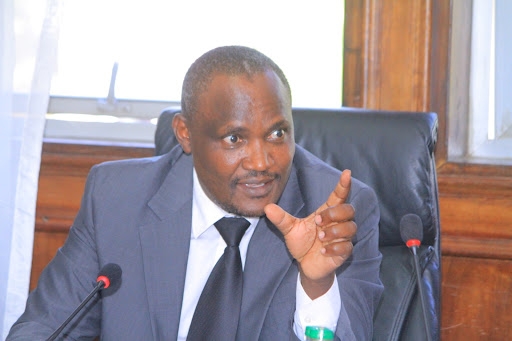



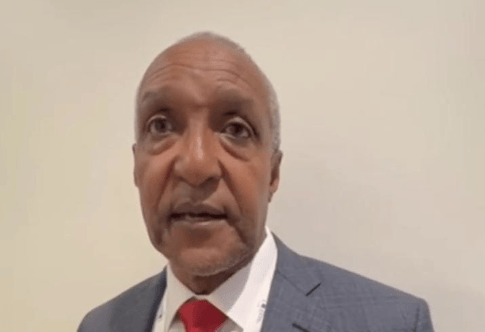
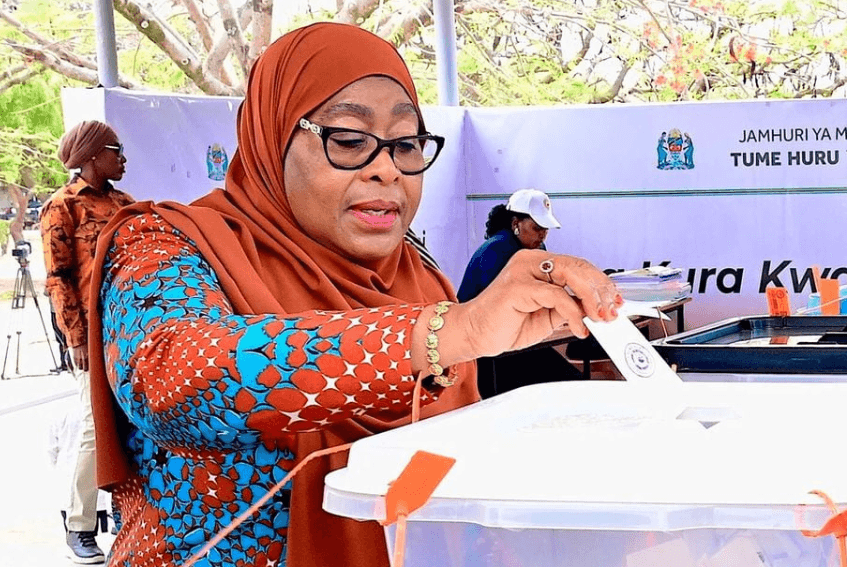
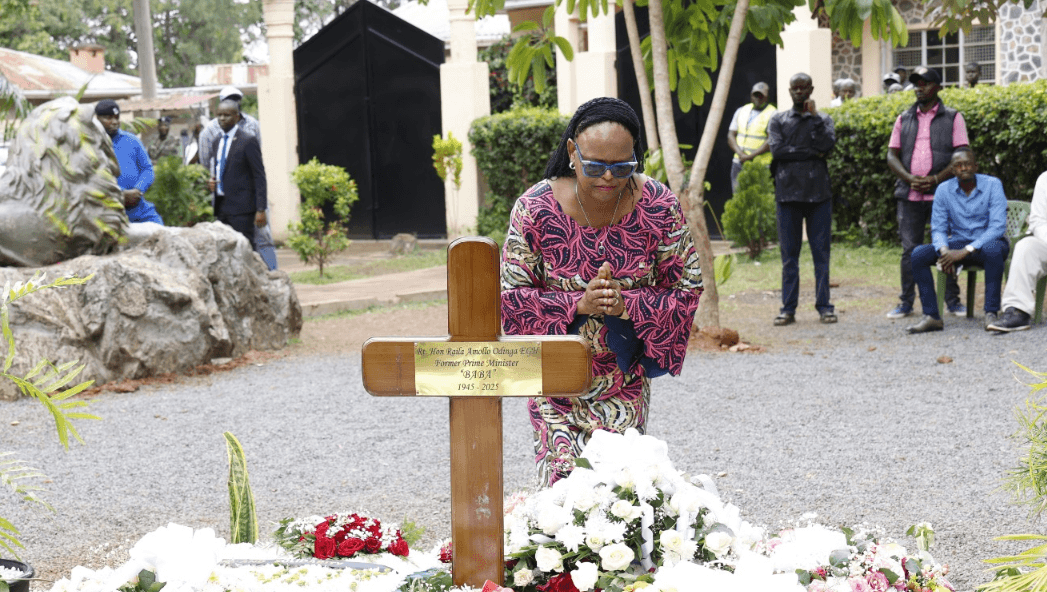

![[PHOTOS] Elgeyo Marakwet landslide victims arrive in Eldoret for care](/_next/image?url=https%3A%2F%2Fcdn.radioafrica.digital%2Fimage%2F2025%2F11%2F425460d9-7ff1-4975-8a1f-cd0aaefb7812.jpg&w=3840&q=100)

